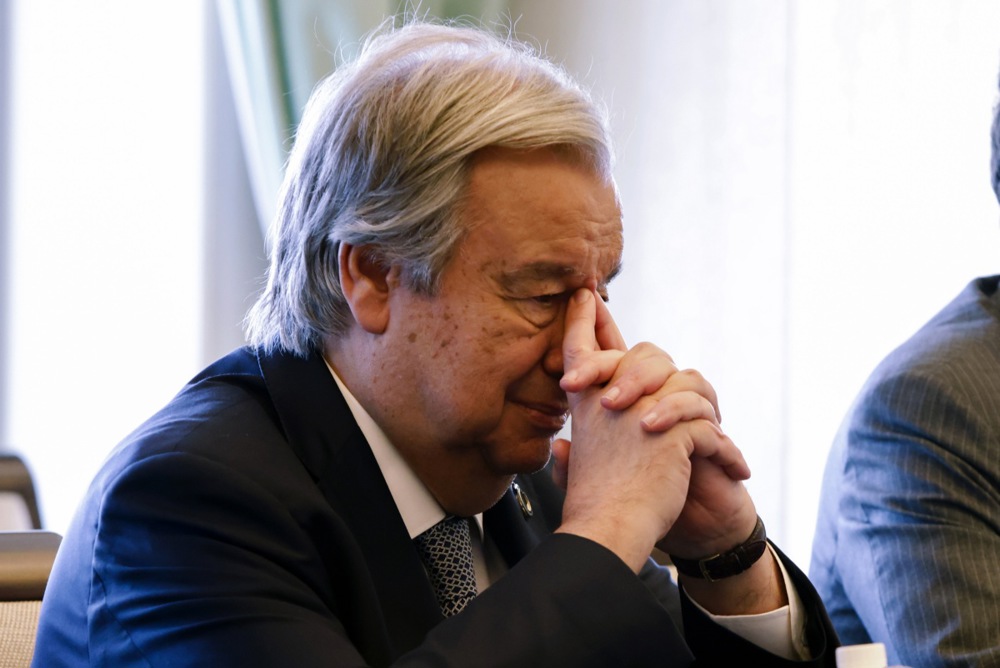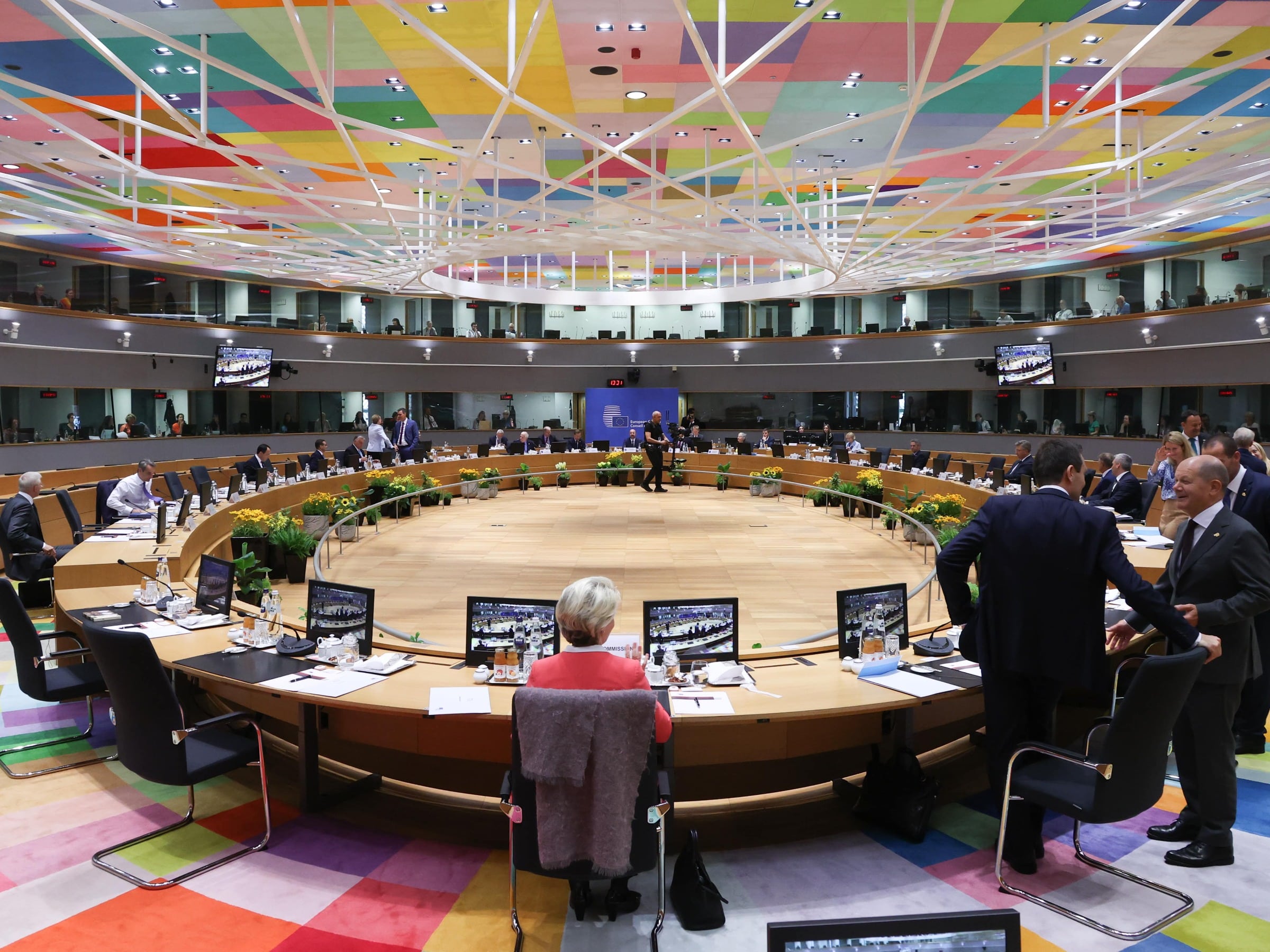Ukraine is considering the decriminalisation of pornography. Advocates for the move argue that the existing law is so unclear that an individual could face several years in jail for just sending or receiving a nude photograph.
Led by People’s Deputy of Ukraine Yaroslav Zheleznyak, the effort aims to tackle what he perceives as outdated legislation and he said decriminalising porn had the potential to create new revenue streams.
“The draft law was developed to decriminalise acts related to pornography insofar as they do not pose a public danger, as well as the creation or maintenance of brothels and pimping, as such that do not cause significant harm, which will strengthen protection against interference with private life,” an explanatory note in the proposal document says.
Zheleznyak emphasised that criminal liability would continue to apply solely to non-consensual pornography (such as so-called revenge porn and AI-created deepfakes), extreme content (involving violence, animals, necrophilia) and explicit material involving minors. The proposed law plans to tighten regulations regarding children.
Pimping, involvement in prostitution and human trafficking will also remain criminal offences, Zheleznyak said.
Until now, Ukraine criminalises those who are involved in “importing, producing, distributing or storing porn”. Anyone producing and distributing pornography risks a fine of up to 68,000 UAH (about €1,600) or a prison sentence of up to three years.
Zheleznyak described the current rules as “nothing short of stupidity”.
“From Soviet times, we inherited this norm that one can get up to eight years behind bars if one happens to send … nudes to another person,” he told Kyiv Post. “That is, we are not even talking about [sex-workers’ website] OnlyFans, but about consuming this content in general.
“Our colleagues from BRDO [Better Regulation Delivery Office] calculated that in 2021, law enforcement officers spent about 85,500 working hours on cases related to the distribution of porn. This is approximately a year of daily work without holidays by 41 investigators,” Zheleznyak wrote on his Telegram channel.
Ukraine received about $920,000 in taxes for six months in 2023 from OnlyFans and other social networks with intimate content, Zheleznyak said.
“We receive their tax money, but anyway put them behind bars,” he said.
But not everyone agrees with the proposal to change porn laws. “This is worse than alcohol dependence. People masturbate rather than engage in creating a family and raising a healthy generation,” one user wrote on Zheleznyak’s Telegram channel.
“The same people that are for the legalisation of LGBTs (lesbians, gays, bisexuals, and transgenders) are for the legalisation of porn. This will lead to great problems and the degradation of the nation,” another user wrote.
Christians for Ukraine strongly opposes the proposal and highlights that the decriminalisation of pornography is primarily endorsed by the liberal and left-wing factions.
The Voice party, spearheading the decriminalisation effort, has been associated with what Christians for Ukraine describe as “anti-family and simply immoral bills”. Members also question the timing of the move, given the country still is at war. Previously, the party has advocated for the legalisation of cannabis, more lenient divorce laws, and the endorsement of same-sex marriage.





